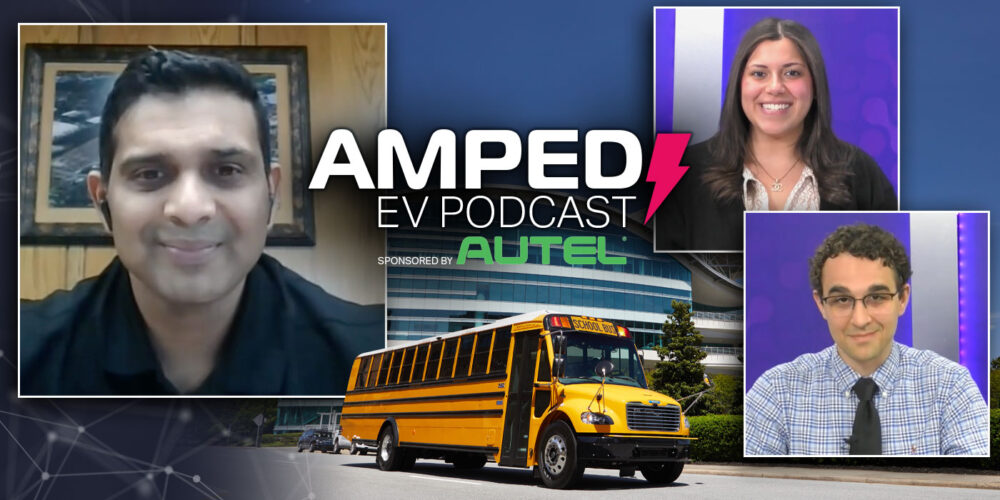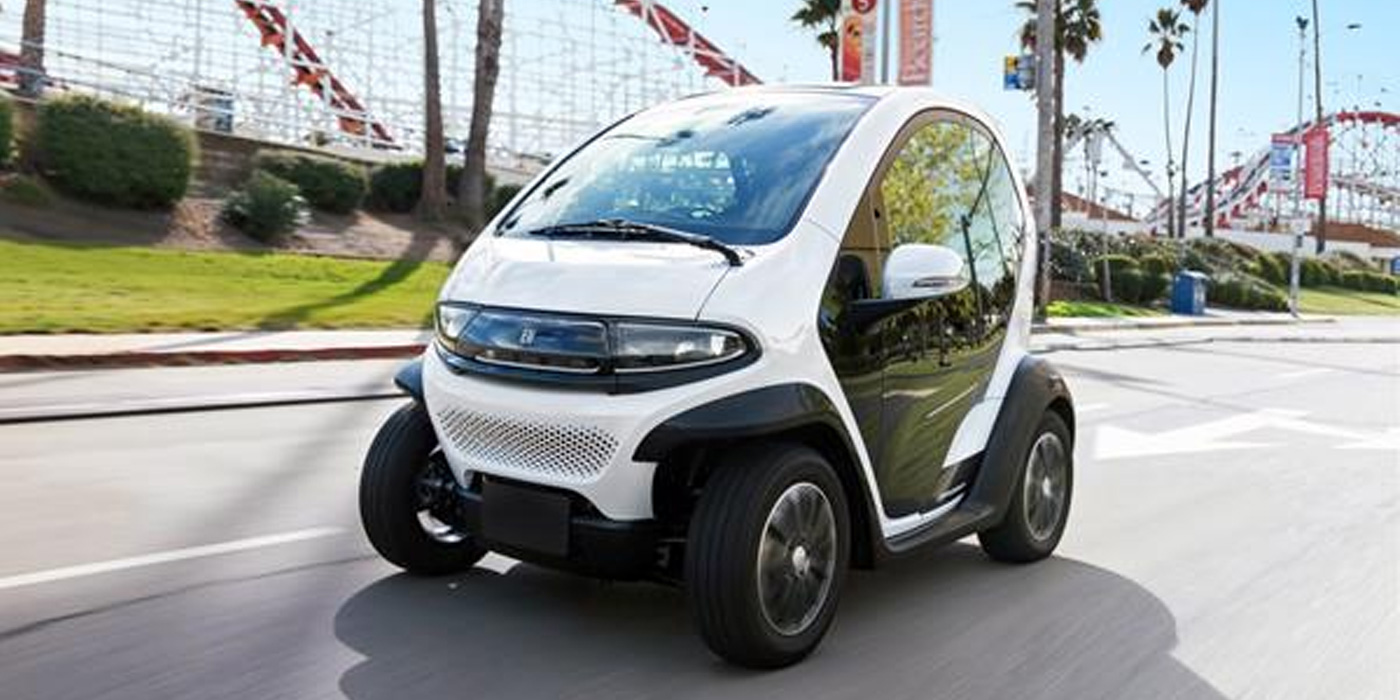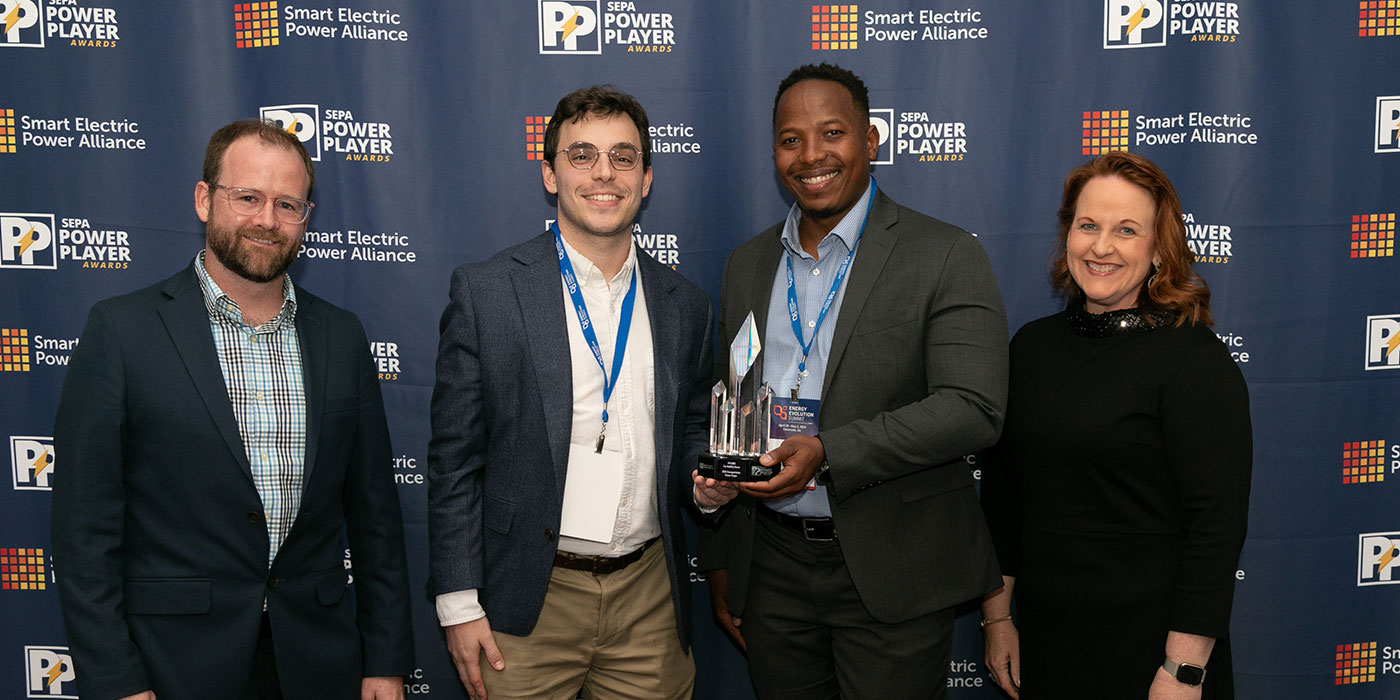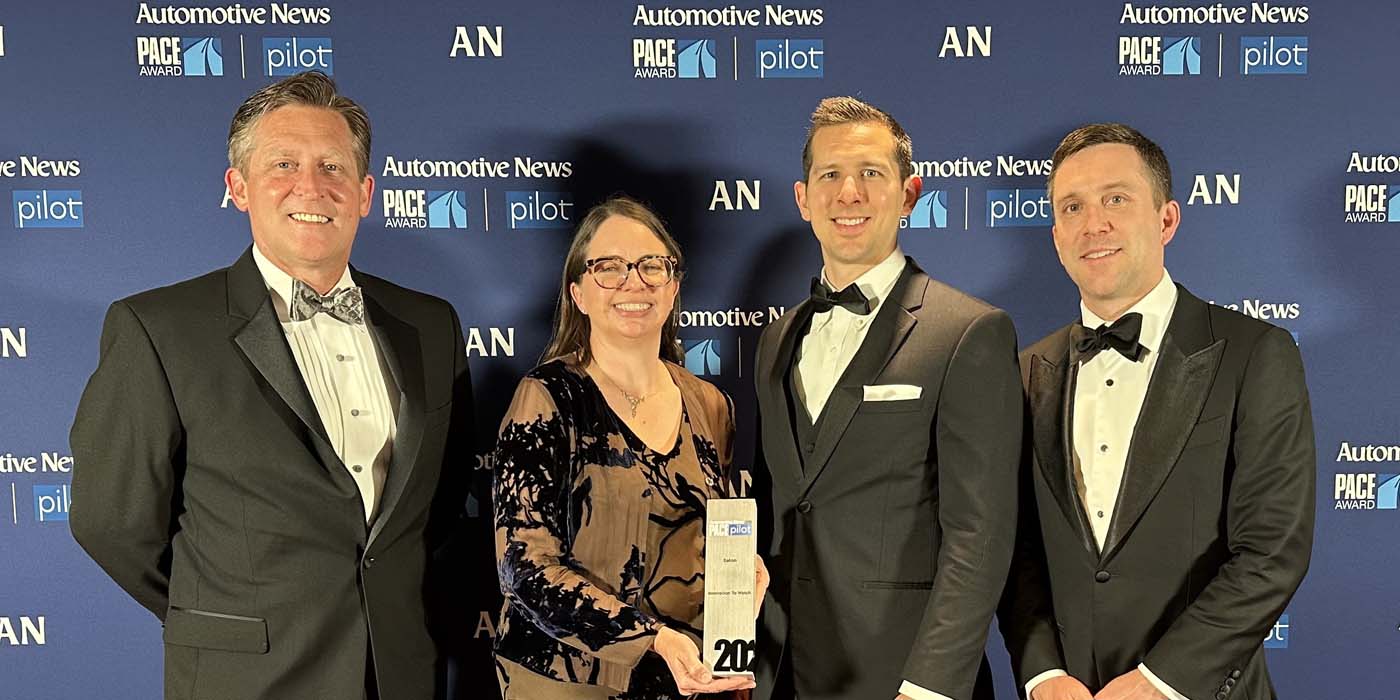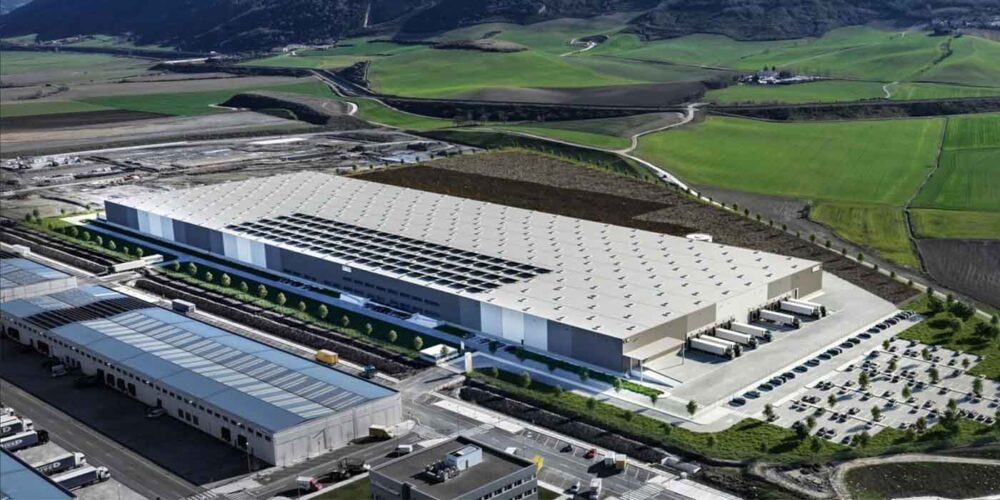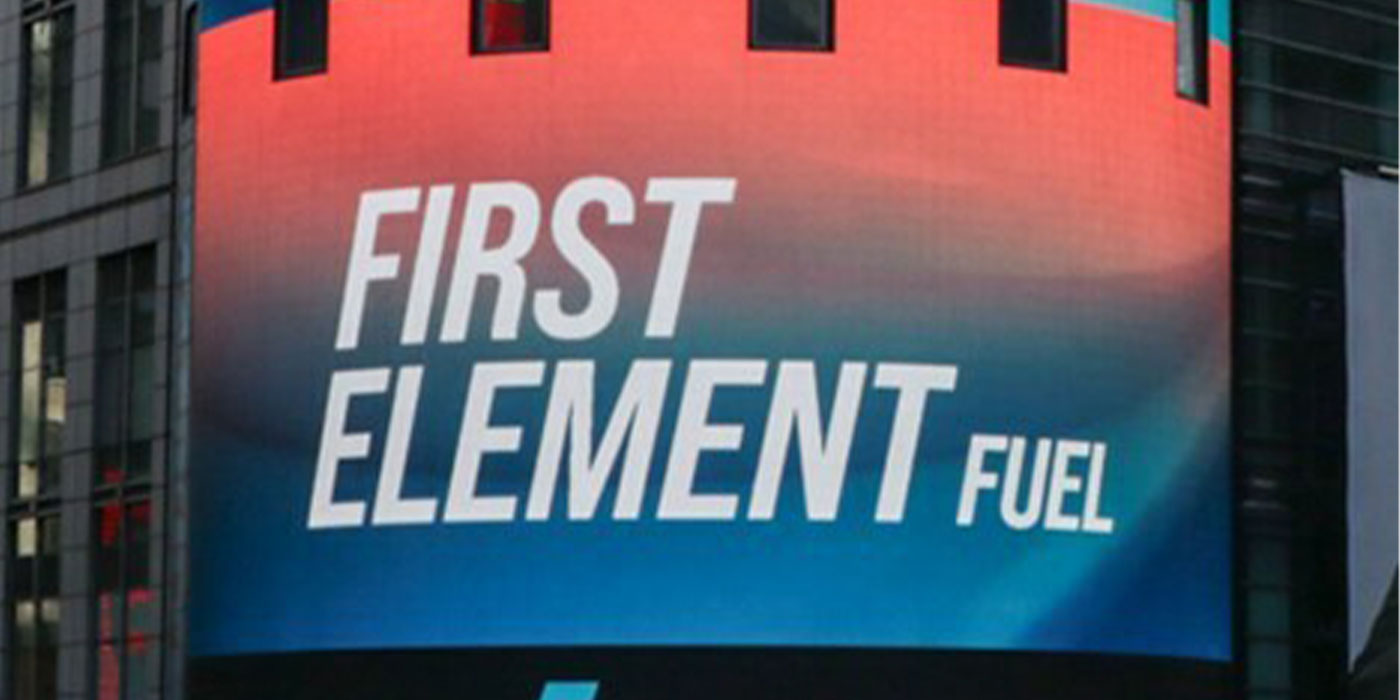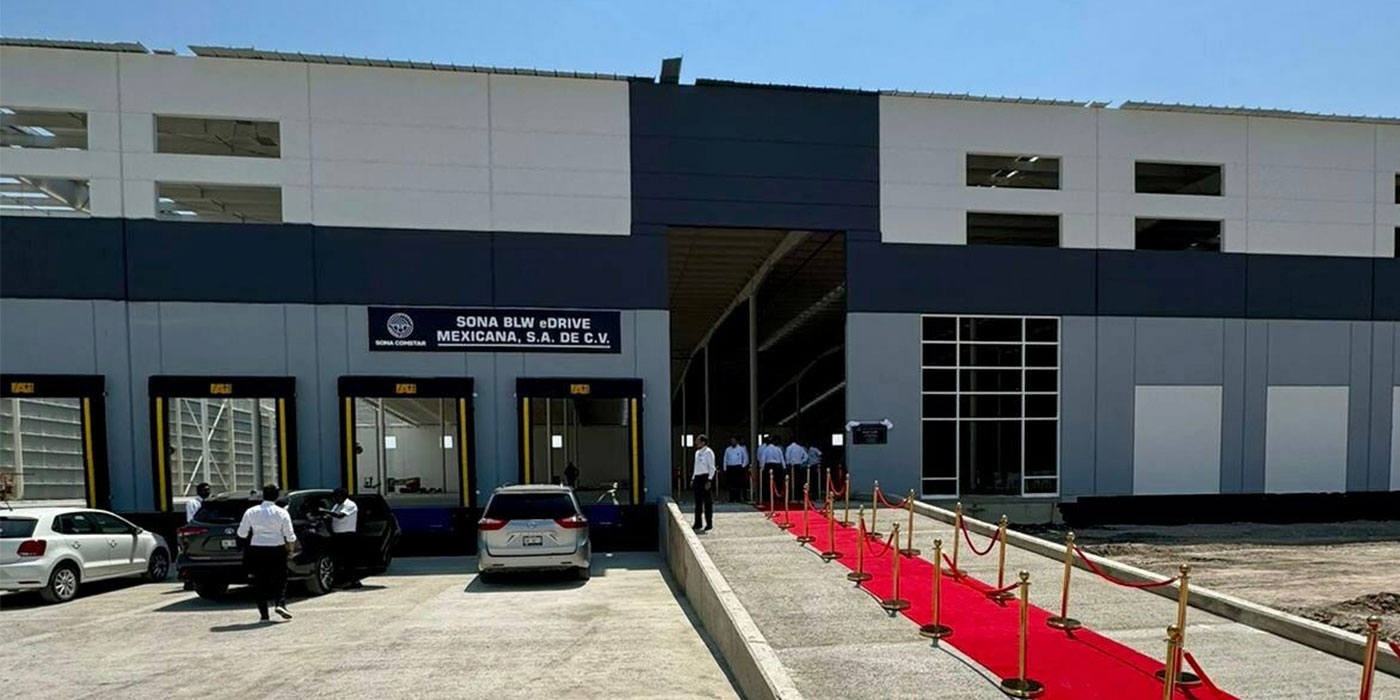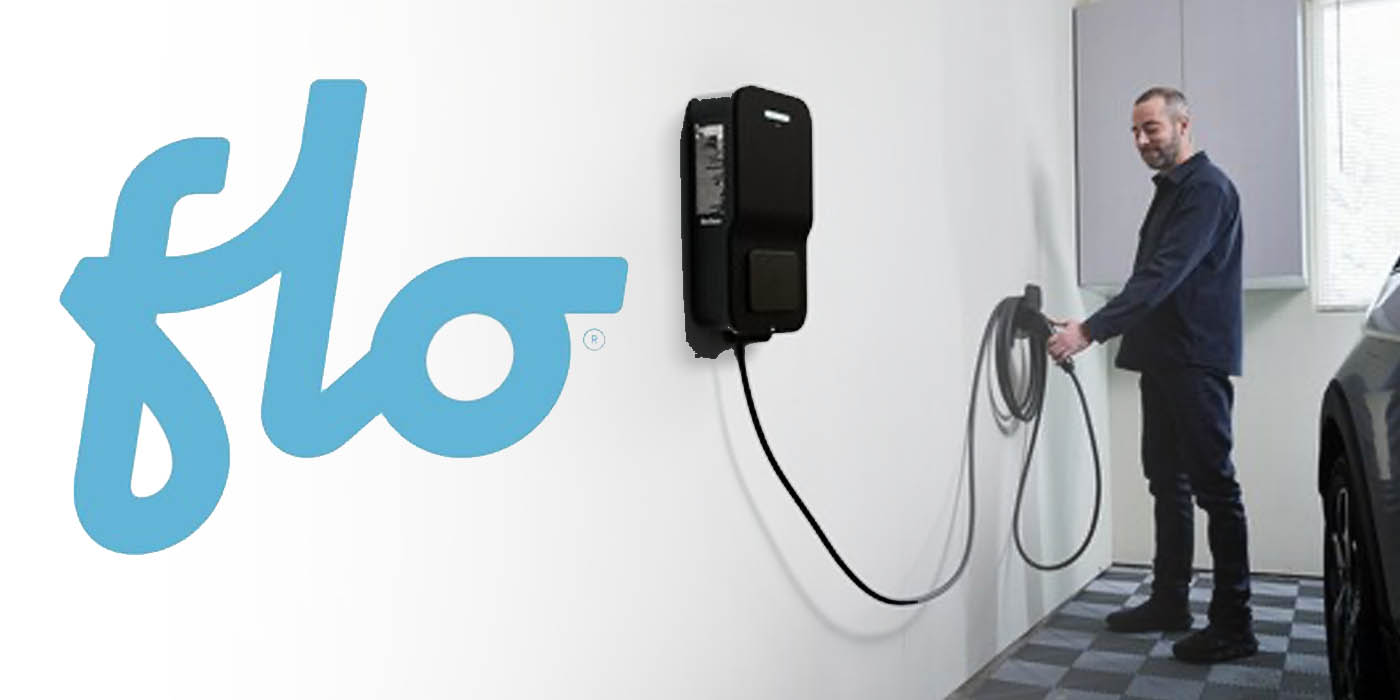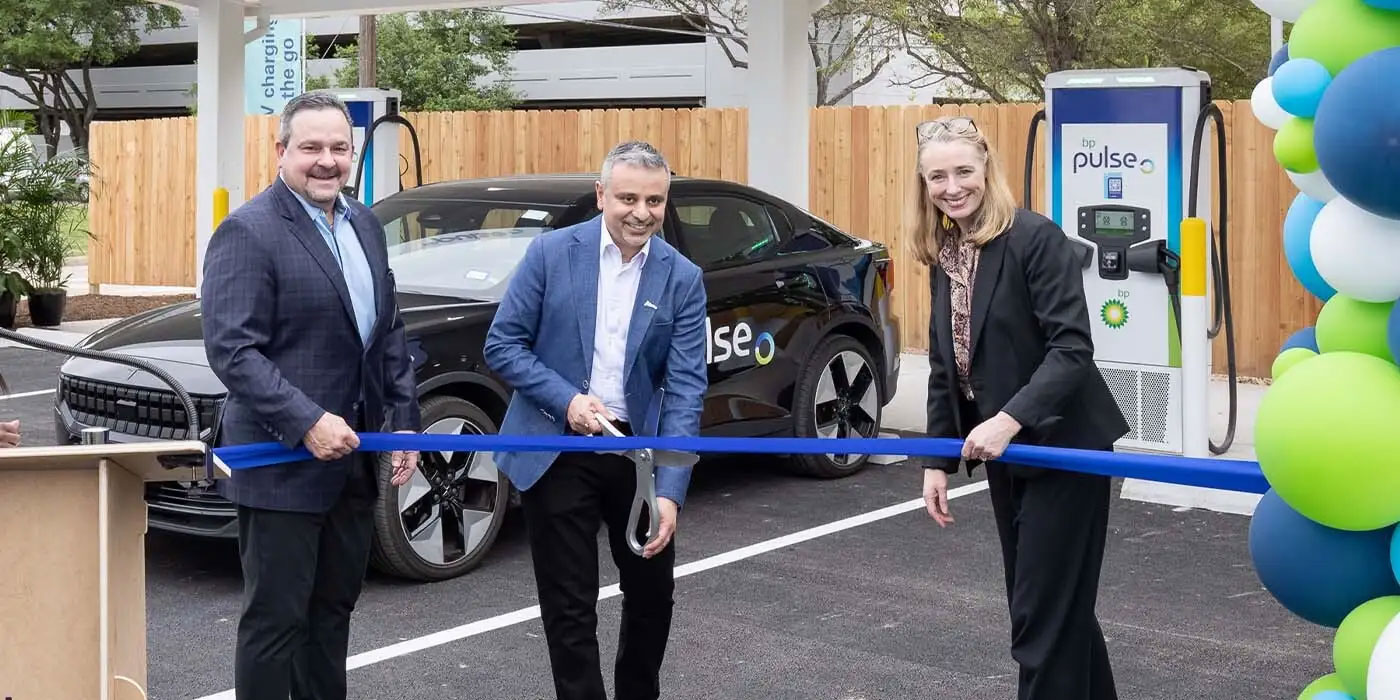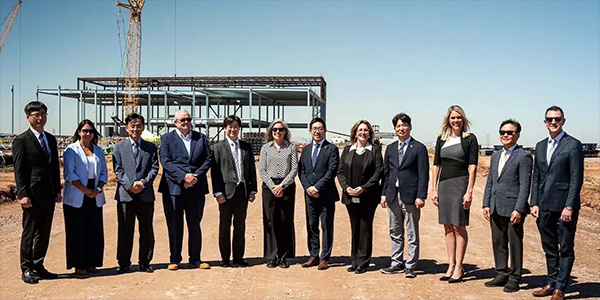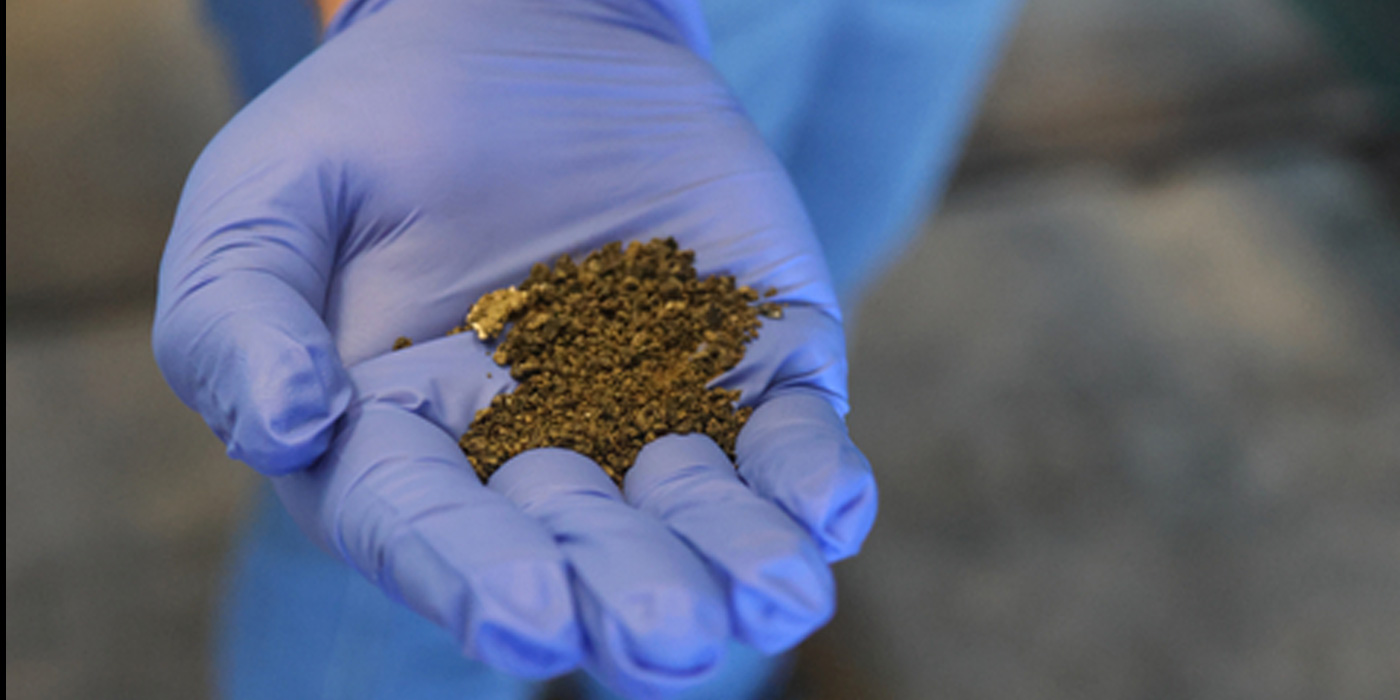Hearing a lot about electric school buses lately? That’s no coincidence. Last year, the EPA announced the Clean School Bus Program, offering a $5 billion investment for low-emission school buses over the next five years, and the EPA says it will make another $1 billion available for clean school buses in the 2023 fiscal year. Yes, electric school buses and the infrastructure to support them are a massive investment, but school districts around the country with an appetite for electrification know there may be no better time to take the plunge.
Many of those school districts are relying on their OEM partnerships to make the transition from diesel to electric. According to Arjun Nair, manager of electric vehicle programs at Thomas Built Buses, a successful electric bus rollout takes much more than district stakeholders being knowledgeable about just the vehicles themselves.
“For a customer to go through this transition, we definitely want to help the customer understand what they have to consider before they get along on this journey. We try to educate the customer about the product and about what are the other factors they need to be successful, then we have our resources, our experts within the company, who would help them evaluate their needs more specifically and suggest the options that they have to mitigate any of the challenges that they see,” Nair says.
On this episode of The Amped EV Podcast, Nair joins us to explain more of the reasons electric buses are catching on, the advantages of electric school bus adoption, identifying the best routes for school bus electrification and why designing an electric school bus is a challenge like no other.
This is an audio-only version of our episode with Arjun Nair, manager of electric vehicle programs at Thomas Built Buses. Go ahead, you’re already here – take a listen! But, if you’re looking for moving pictures, click here.

